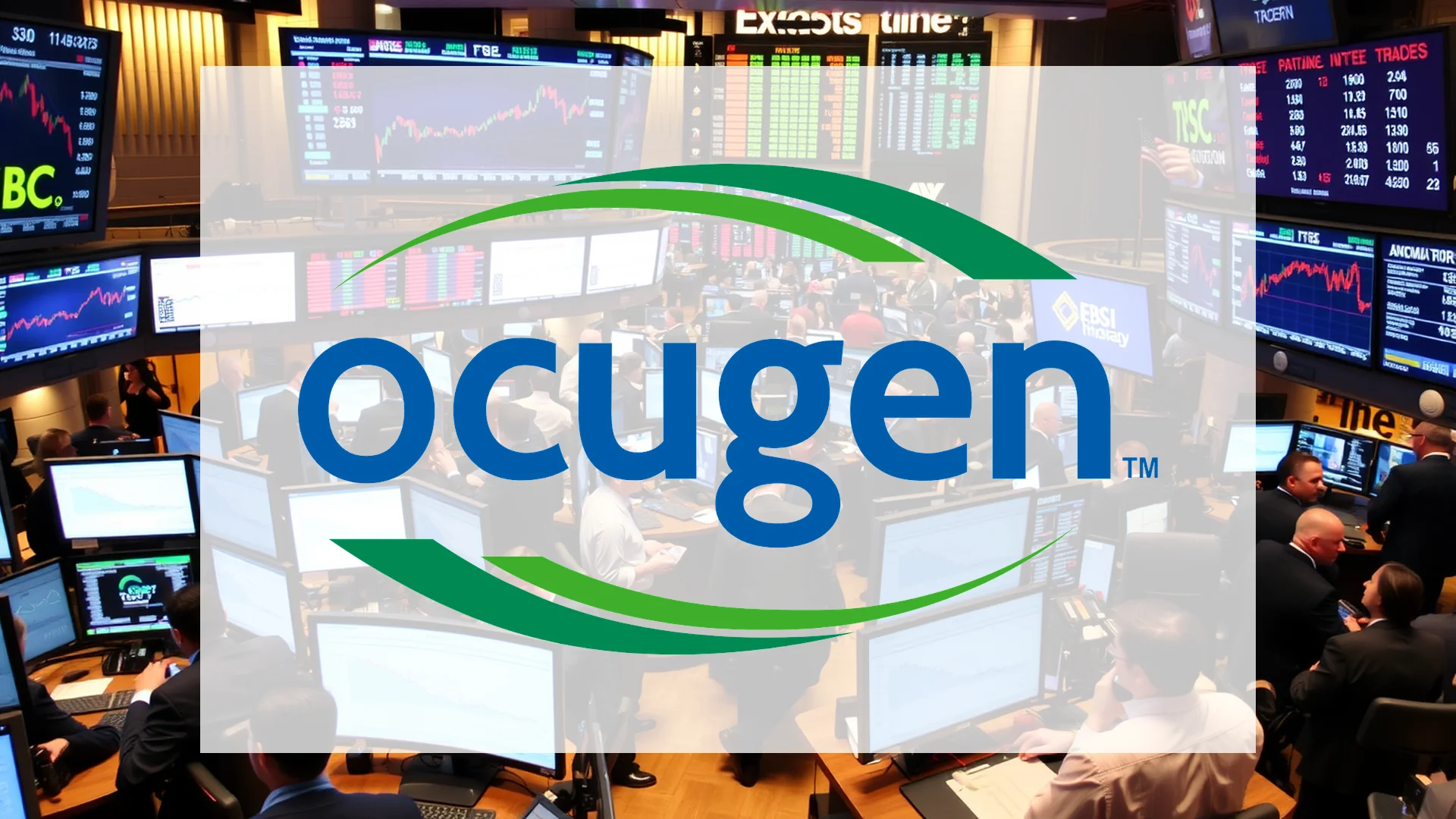Ocugen, Inc. witnessed a sharp 7% decline in its share price on Wednesday, a downturn driven by investor apprehension over the company’s financial stability rather than its clinical advancements. The biopharmaceutical firm finds itself in a paradoxical position: nearing critical milestones for its flagship therapies while simultaneously facing a potentially critical funding shortfall.
Robust Pipeline Versus Dwindling Resources
The company’s clinical development continues to demonstrate significant momentum. Patient recruitment for the Phase 3 clinical trial of OCU400, a gene therapy candidate for Retinitis pigmentosa, is approaching completion. Furthermore, enrollment for the Phase 2/3 study of OCU410ST, targeting Stargardt disease, has already reached the 50% mark. Both programs target rare retinal conditions, representing markets with significant unmet medical needs and substantial pricing potential.
However, this promising clinical narrative is starkly contrasted by the company’s financial statements. For the third quarter of 2025, Ocugen reported a net loss of $20.05 million against minimal revenue of just $1.75 million. The company’s cash position, reported at $32.9 million as of September 30, is projected to fund operations only into the second quarter of 2026. This timeline creates a pressing issue, as the most valuable clinical and regulatory events are scheduled to occur after this point.
Should investors sell immediately? Or is it worth buying Ocugen?
The Impending Funding Gap
The core of investor anxiety lies in a misalignment of timelines. Ocugen has outlined an ambitious regulatory strategy, planning to submit three Biologics License Applications (BLAs) within the next three years. The first of these, for OCU400, is slated for 2026. Crucially, the essential Top-Line data from the OCU400 Phase 3 trial is not anticipated until late 2026. This schedule creates a clear financial gap between the expected depletion of cash reserves in Q2 2026 and the achievement of these value-inflecting milestones.
In response to these concerns, company leadership has pointed to its efforts to secure non-dilutive financing. A recently finalized exclusive licensing agreement for OCU400 in South Korea is cited as an example of this strategy. Despite these initiatives, the market remains skeptical that such partnerships will generate sufficient capital to avoid a future equity offering. The fear of significant share dilution appears to be the primary catalyst behind Wednesday’s sell-off.
A Test of Investor Patience
The central investment thesis for Ocugen now hinges on a single question: can the company bridge the gap to potential commercialization without severely diluting existing shareholders? While the scientific prospects for its therapies remain compelling, the financial reality is imposing a cautious outlook. The recent drop in share price underscores a market that is prioritizing immediate fiscal health over future clinical accolades, leaving the stock in a tense holding pattern between its promising pipeline and its precarious finances.
Ad
Ocugen Stock: Buy or Sell?! New Ocugen Analysis from February 8 delivers the answer:
The latest Ocugen figures speak for themselves: Urgent action needed for Ocugen investors. Is it worth buying or should you sell? Find out what to do now in the current free analysis from February 8.
Ocugen: Buy or sell? Read more here...









